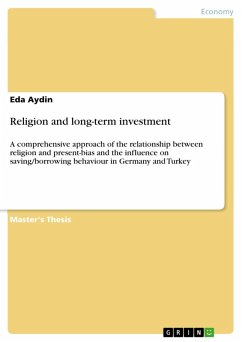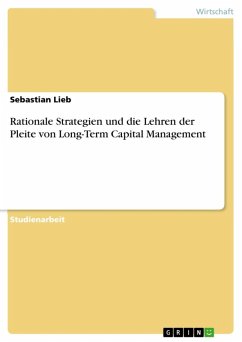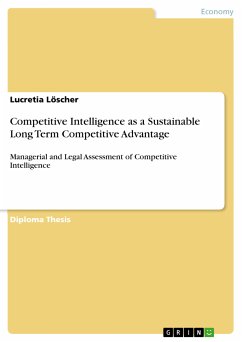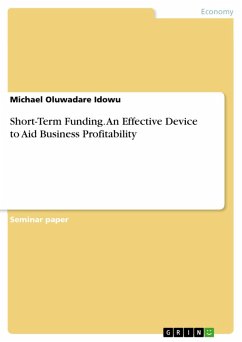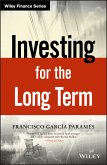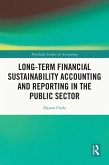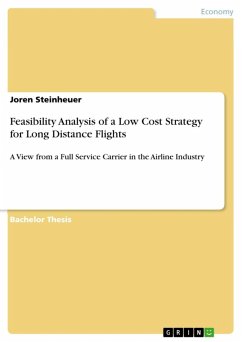Master's Thesis from the year 2014 in the subject Business economics - Investment and Finance, grade: 1,0, Maastricht University, course: Human Decision Science - behavioral finance, language: English, abstract: By running a survey about the religiousness of students in Germany and Turkey, the impact on the present-bias parameter is analysed. Highly religious people suffer less present-bias problems than non-highly religious people do. For the independent variables age, gender, denomination, faculty department, and education, no significance was found. Increasing the consciousness of religion in participants' mind showed a positive impact on present-bias, at least for Turkey. Using this parameter, which is achieved by surveys, saving/borrowing behaviour of a specific target group can be detected and directly addressed in order to stimulate national savings.
Dieser Download kann aus rechtlichen Gründen nur mit Rechnungsadresse in A, B, BG, CY, CZ, D, DK, EW, E, FIN, F, GR, HR, H, IRL, I, LT, L, LR, M, NL, PL, P, R, S, SLO, SK ausgeliefert werden.

